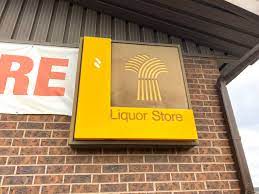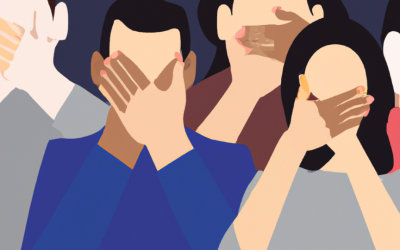First Alberta, then Saskatchewan, but will Manitoba follow? Next year will be the final year for the Saskatchewan government retails alcohol—nearly 100 years after it began. This history demonstrates how long government keeps its hands on something once it starts, but also how an incremental approach can allow it to let go with minimal resistance.
Saskatchewan’s prohibition era lasted from 1915 to 1924, starting a year sooner and ending a year later than Manitoba’s. The outright ban of alcohol had clear downsides. An RCMP report in 1923 estimated that Saskatchewan had more illicit stills than the rest of Canada together. A year later, the Saskatchewan government had the province’s only liquor stores, as part of a pattern that went nationwide.
The first premier to surrender its monopoly of liquor retail belonged to the Ralph Klein Progressive Conservatives in Alberta. In 1993, the province announced its government liquor retailers would close, and promised more selection, consumer convenience, and small business opportunities as a result.
A 20-year retrospective in the Edmonton Journal confirmed the anticipated results. By 2013, the total number of stores had grown from 208 to nearly 2000 in 2020, while product selection grew from 2,200 items to 19,000. Irving Kipnes opened a liquor store in Edmonton and branched out until he developed North America’s largest publicly traded liquor retail chain.
Saskatchewan followed with baby steps under Brad Wall’s leadership in 2014, as the Saskatchewan Party government finally issued permits for four private liquor stores. Two years later, the province sold 39 government stores and issued permits for 11 new private ones. Former Saskatchewan Liquor and Gaming employees won six bids, continuing their careers without having to pay union dues.
Once again, businesspeople proved better at capturing the market than the government did. Profits at SLGA stores dropped from $9.4 million in 2018-19 to $3.2 million in 2021-22, with a mere $395,000 expected in the current fiscal year. In October, Scott Moe’s Saskatchewan Party government announced it would sell its booze boat before it sunk.
All government retail stores will close by March 31, 2023. Nineteen buildings and their contents, plus 34 liquor licenses will be sold to the highest bidder. And, as in Alberta, the Saskatchewan government will remain the wholesaler and regulator.
On November 30, NDP Opposition Jobs critic Aleana Young made a last-ditch defense of the final 350 union jobs at Saskatchewan liquor board stores. The Regina MLA stood in front of the government store in Moose Jaw and said the store’s 13 employees (only four full-time) worked at a “flagship for retail commerce” in the city, bemoaning the “heartbreaking holiday season” that the “hard-working public servants” would have given their pending job losses.
Grasping at straws to defend the government retailers, Young even conceded the “Sask Party government [was] sitting in a good place economically when it comes to the government books,” as a reason it could continue to carry the stores.
Tentative steps the Manitoba’s Progressive Conservative government made last spring to expand private liquor sales give citizens hope the government may eventually divest themselves entirely. If Premier Stefanson hurries, she could keep Manitoba from the dubious distinction of being the only prairie province stuck in its post-prohibition approach for a full century. Cheers to that!
Lee Harding is a research associate at the Frontier Centre for Public Policy.



